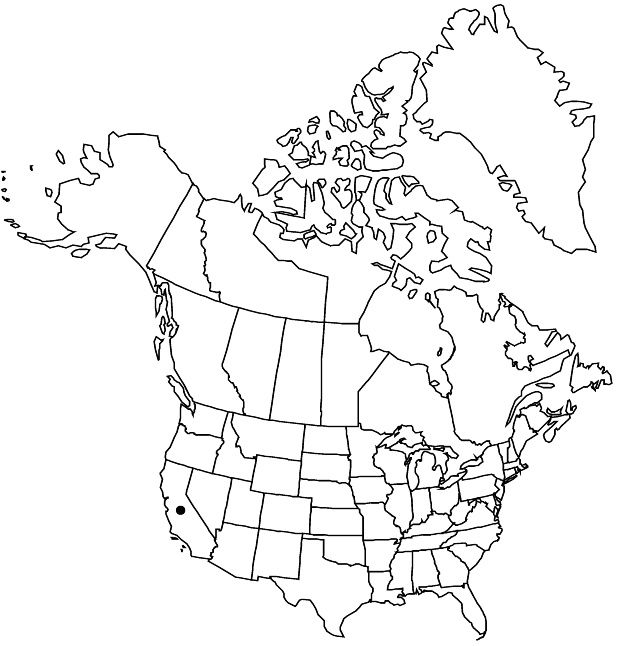familyCrassulaceae
genusDudleya
subgenusDudleya subg. Dudleya
speciesDudleya cymosa
subspeciesDudleya cymosa subsp. gigantea
Difference between revisions of "Dudleya cymosa subsp. gigantea"
Madroño 14: 106. 1957,.
Endemic
Basionym: Dudleya gigantea Rose in N. L. Britton and J. N. Rose, New N. Amer. Crassul., 23. 1903
FNA>Volume Importer |
imported>Volume Importer |
||
| (5 intermediate revisions by 2 users not shown) | |||
| Line 6: | Line 6: | ||
|place=14: 106. 1957, | |place=14: 106. 1957, | ||
}} | }} | ||
| − | |basionyms={{Treatment/ID/ | + | |special_status={{Treatment/ID/Special_status |
| + | |code=E | ||
| + | |label=Endemic | ||
| + | }} | ||
| + | |basionyms={{Treatment/ID/Basionym | ||
|name=Dudleya gigantea | |name=Dudleya gigantea | ||
|authority=Rose | |authority=Rose | ||
| + | |rank=species | ||
| + | |publication_title=in N. L. Britton and J. N. Rose, New N. Amer. Crassul., | ||
| + | |publication_place=23. 1903 | ||
}} | }} | ||
|synonyms= | |synonyms= | ||
| Line 34: | Line 41: | ||
-->{{#Taxon: | -->{{#Taxon: | ||
name=Dudleya cymosa subsp. gigantea | name=Dudleya cymosa subsp. gigantea | ||
| − | |||
|authority=(Rose) Moran | |authority=(Rose) Moran | ||
|rank=subspecies | |rank=subspecies | ||
| Line 48: | Line 54: | ||
|publication title=Madroño | |publication title=Madroño | ||
|publication year= | |publication year= | ||
| − | |special status= | + | |special status=Endemic |
| − | |source xml=https:// | + | |source xml=https://bitbucket.org/aafc-mbb/fna-data-curation/src/2e0870ddd59836b60bcf96646a41e87ea5a5943a/coarse_grained_fna_xml/V8/V8_359.xml |
|genus=Dudleya | |genus=Dudleya | ||
|subgenus=Dudleya subg. Dudleya | |subgenus=Dudleya subg. Dudleya | ||
Latest revision as of 22:43, 5 November 2020
Caudices mostly simple, 1–3 cm diam. Leaves: rosettes 10–25-leaved; blade gray-blue, oblong-oblanceolate, 4–17 × 1.5–6 cm, apex acute to acuminate, surfaces farinose, glaucous. Inflorescences: floral shoots 7–15-leaved, 15–45 cm; cincinni 3+, 5–20-flowered, 4–17 cm. Petals red, 9–10 × 2–3 mm. 2n = 34.
Phenology: Flowering late spring.
Habitat: On granite
Elevation: 300-600 m
Discussion
Subspecies gigantea grows in the foothills of the Sierra Nevada in Amador and Calaveras counties. It includes the largest specimens seen of Dudleya cymosa, and it seems to average larger than other subspecies. As with subsp. pumila, however, this one is not clearly set off from subsp. cymosa; some authors do not recognize it.
Selected References
None.
Lower Taxa
None.
